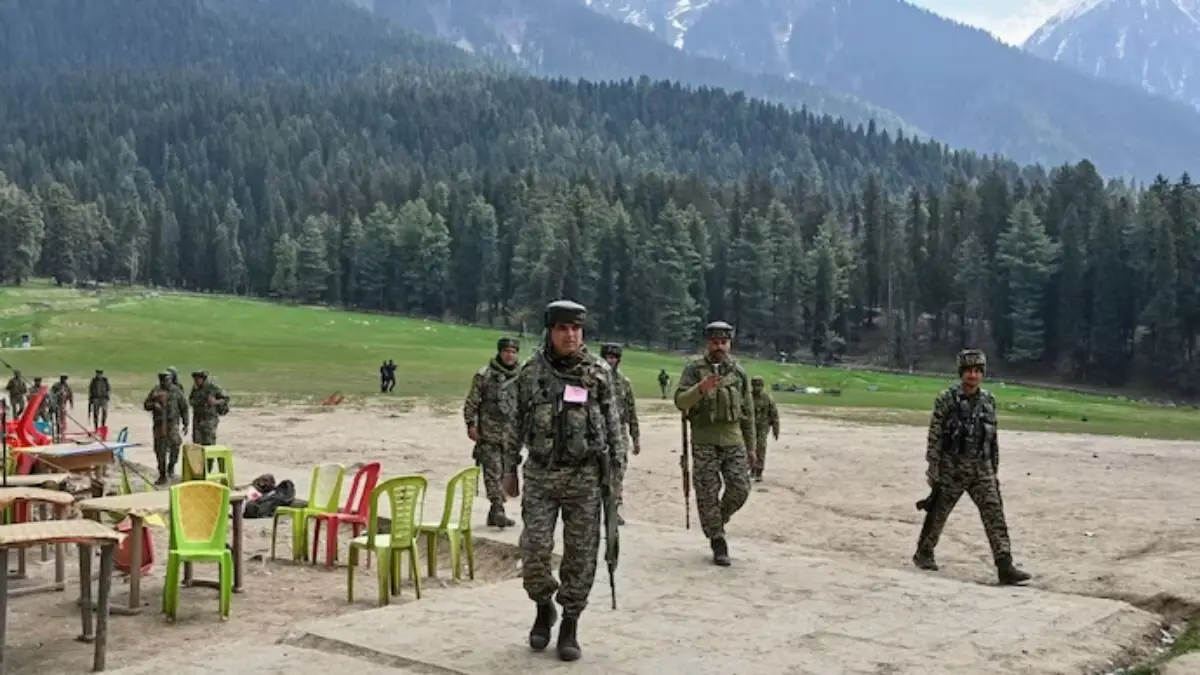In a significant breakthrough in the probe into the deadly Pahalgam terror strike, authorities have detained Mohammad Yousuf Katari, a 26-year-old from Kulgam in South Kashmir, for his involvement in the April 22 assault that claimed multiple lives. According to officials, Katari confessed to encountering the trio of militants Sulieman alias Asif, Jibran, and Hamza Afghani on four separate occasions, where he furnished them with essential supplies, including an Android phone charger that ultimately unraveled his role, as reported by PTI.
Katari, during questioning, revealed that these meetings took place amid the rugged Zabarwan hills near Srinagar. Beyond the material aid, he also navigated the attackers through the challenging landscape, facilitating their movements in the volatile region. His apprehension came after an exhaustive inquiry spanning several weeks, bolstered by forensic scrutiny of remnants seized in July’s Operation Mahadev. That counter-terrorism effort had neutralized the three suspects tied to the Pahalgam carnage, and among the debris was the damaged charger, which investigators traced back to Katari, solidifying the evidence against him.
Security officials anticipate that deeper interrogation of Katari could expose additional threads in the intricate web of terror facilitation operating across the Kashmir Valley. The investigation, initially handled by local forces, may soon shift to the National Investigation Agency (NIA), which is spearheading the wider examination of the plot. The NIA has already taken into custody two other suspects linked to the incident, accused of extending shelter and logistical assistance to the perpetrators.
The April 22 incident unfolded in Baisaran meadow, a scenic tourist haven dubbed “mini Switzerland” for its alpine charm, representing the Valley’s most lethal militant outrage since the 2019 Pulwama bombing. Responsibility for the ambush was swiftly attributed to The Resistance Front (TRF), an offshoot of the outlawed Lashkar-e-Taiba (LeT).
This development underscores ongoing efforts to dismantle support structures enabling such violence, with searches and cordons intensifying in the aftermath. As the inquiry progresses, it promises sharper insights into the shadowy alliances fueling unrest in the region.
